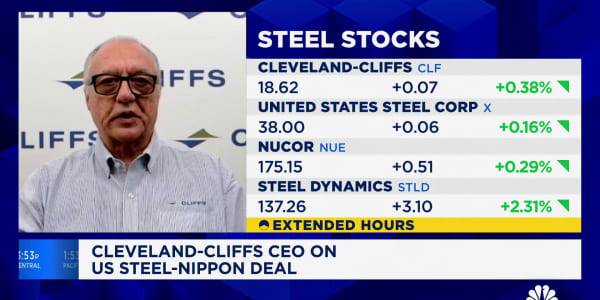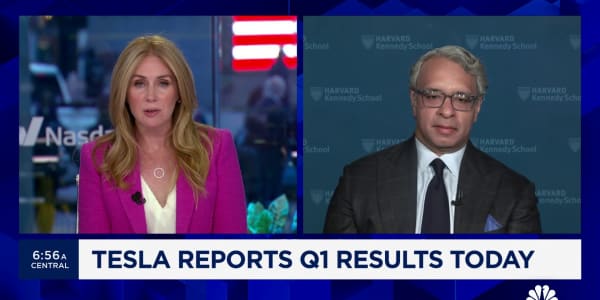Greece may anoint a MIT-trained economist named Lucas Papademos who once worked at the Federal Reserve as interim Prime Minister.
Party leaders in Greece, under pressure from the European Union, seem to be close to announcing that Papademos would get the job, according to various reports.
Nothing in Papademos’s history would lead to the conclusion that he can be an effective political leader for Greece. He has degrees in physics, engineering and economics from MIT. He worked as an economist at the Boston Fed. Got tapped as chief economist for the Bank of Greece in 1985 and became its Governor in 1994. He helped move Greece to the euro from the drachma—a move that many now regard as a mistake.
Papademos was the Vice President to Jean-Claude Trichet at the European Central Bank from 2002 to 2010.
In other words, Papademos has been one of the top Greek Eurocrats—a leading member of the class that built the very system that has Europe teetering on the brink of economic disaster.
What’s more, he has no natural political constituency inside of Greece. It’s hard to believe that he can command popular support or master the complicated political machine that is the Greek parliament.
But for Greece’s political parties, these aspects of Papdemos are features, not bugs.
His ties to the ECB are seen as possibly valuable in helping Greece attract more generous terms from the masters of Europe’s monetary policy. And his complete lack of plausible political power makes him the idea person to run the government until the February elections.
In other words, he’s a threat to no one.
What’s more, if public outrage continues to climb once a deal is finally achieved with European leaders and creditors, every single political party can point the finger at Papademos. He’s the fall guy.
They have political deniability.
This plan is not without flaws, of course. If you are a creditor, you may not be reassured about a deal reached with a guy selected as leader precisely because he cannot credibly claim popular support. How do you know a deal will stick past February?
Questions? Comments? Email us at
Follow John on Twitter @ twitter.com/Carney
Follow NetNet on Twitter @ twitter.com/CNBCnetnet
Facebook us @






